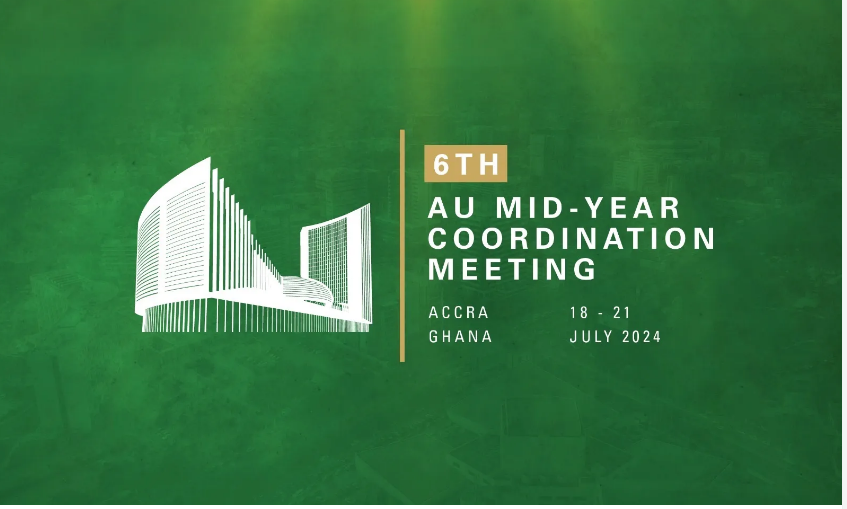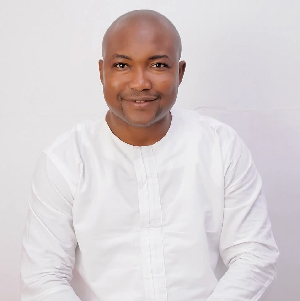Delegates from across the African continent are in Accra for the 45th Ordinary Session of the African Union (AU) Executive Council and the 6th mid-year coordination meetings of the AU regional economic communities.
The two events will respectively take place at the Accra International Conference Center from July 18 to July 21, 2024.
The African Union Mid-Year Coordination Meeting will assess the progress of the Continental Integration Agenda and evaluates the efficiency of the harmonisation of policies between the African Union and the regional economic communities.
“The meeting is also crucial in enhancing the coordination of the implementation of a clear division of labour and effective collaboration between the African Union, regional economic communities, regional mechanisms and member states to rally on the principle of subsidiarity, complementarity and cooperative advantage,” said Mr Kwaku Ampratwum-Sarpong, Deputy Minister for Foreign Affairs and Regional Integration at a press briefing in Accra.
Ghana was approved to host the African Union media meetings in July 2024 at the 37th Ordinary Session of the Assembly of Heads of States and Government of the AU held in Addis on February 17 and February 18, this year.
As part of preparations, a National Planning Committee which became operational in April 2024 was constituted to oversee the preparations of the necessary logistics arrangements for the meetings.
The Deputy Minister noted that the meetings provided an opportunity for Ghana to demonstrate its commitment to the acceleration of the integration agenda of the continent and also help to promote continental unity.
“It may be further recalled that it has been 17 long years since the Republic of Ghana had the privilege to host the African Union Summit in Accra under the able leadership of Ghana’s former President John Agyekum Kufour. And that was in 2007.”
The theme for the event is “Educate an African fit for the 21st century: Building resilient education systems for increased access to inclusive, lifelong, quality and relevant learning in Africa”.
Source: GNA







